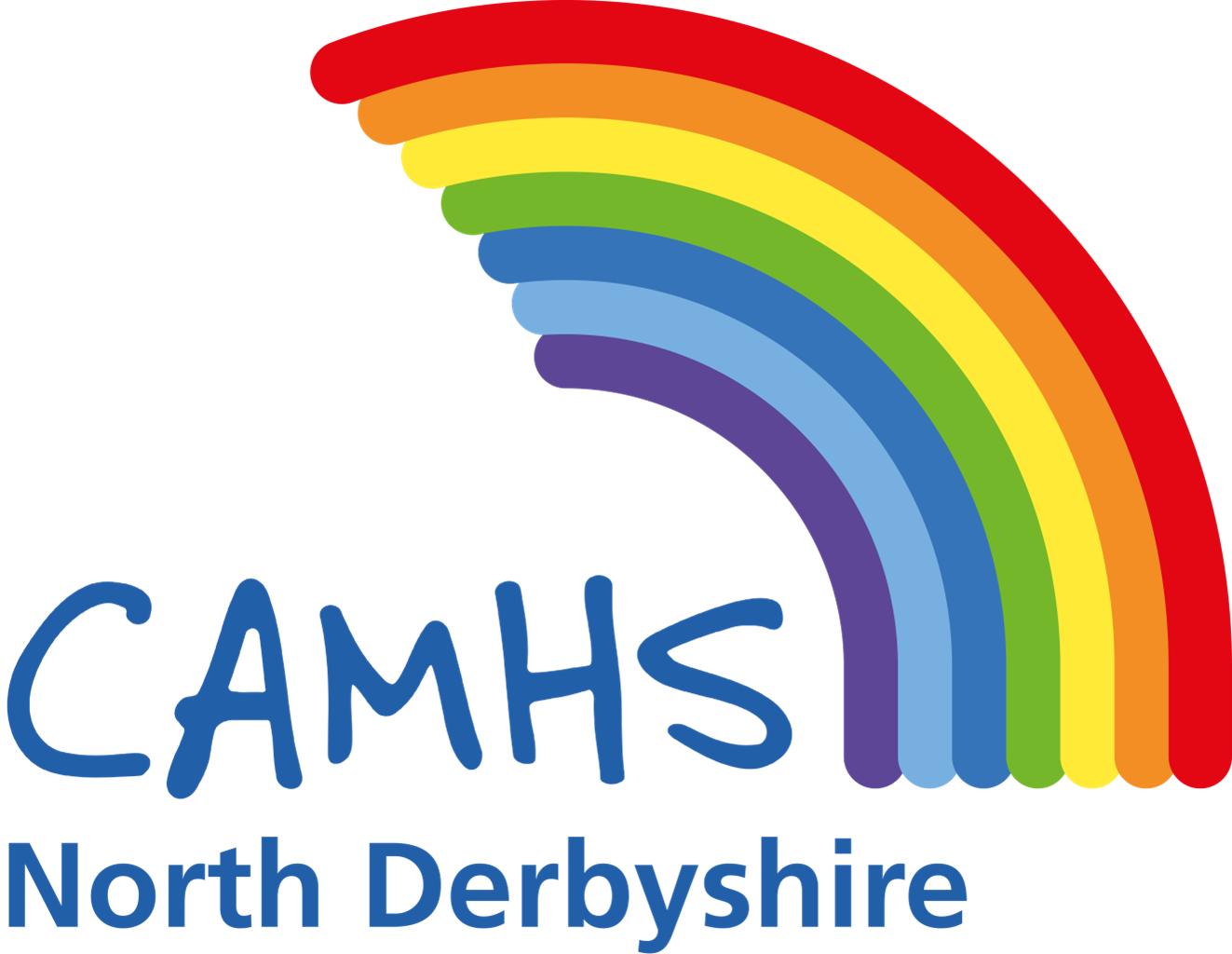common problems
Depression
Introduction
We all feel low or down at times, but if your negative emotions last a long time or feel very severe, you may have depression. Depression is a mood disorder where you feel very down all the time. Depression can happen as a reaction to something (like abuse, bullying or family breakdown) but it can also run in families.
Depression often develops alongside anxiety. It's not the same as 'manic depression', which is another term for Bipolar Disorder.
Depression is one of the most common types of mental illness. Although it's hard to feel optimistic when you're depressed, there is lots of support available to help you feel better.
WHEN DO I NEED TO GET HELP?
Take the first step – depression can affect anyone, and you deserve help to feel better. Talk to someone you like and trust, like a teacher, relative, counsellor or friend. You should also see your GP. They may offer to refer you to CAMHS, another expert or a psychiatrist who can help you.
HOW CAN CAMHS HELP ME?
Depression can be treated with medication, therapy or a combination of both. You may be offered Cognitive Behaviour Therapy (CBT) to help you manage your thoughts and feelings.
HOW CAN I HELP MYSELF?
- Let someone know how you are feeling.
- Exercise can help relieve symptoms.
- See the bottom of this page for some other resources you might want to look at for advice and support.
What can you do as a parent/carer?
Coping with different emotions is part of everyone’s life. We all feel happy and sad at different times. Feeling sad can be a natural and appropriate response to what is happening in our lives. Mostly, the passing of time, life changes and the support of those around us help these feelings go away.
Depression is when sadness and low feelings do not go away; when they overwhelm a person and stop them from doing the things they normally do. If you notice this in your child there are ways you can help.
These are things that can really make a difference:
- Recognising whether a young person is simply being "a hormonal, moody teenager” or suffering from depression could be described as "the difference between bouts of surly/grumpy behaviour, and unremitting, deep unhappiness over time, with a significant lack of interest in anything at all".
- Don’t ignore worrying symptoms hoping they’ll go away. Talk to your child about the signs of depression that you’ve noticed and voice your concerns in a caring and non-judgmental way. Let them know you will willingly hear about what they are going through.
- Trust your gut feeling – you know when something’s just not right.
- Avoid asking too many questions, trying to give solutions, dismissing them or glossing over their pain and sadness; just listen and empathise.
- Try again another day if they don’t want to talk about it. Expressing feelings is hard enough at the best of time for teens, when they are depressed it’s even more difficult.
- If not you, then someone else. Encourage them to talk to a school counsellor or trusted teacher, GP, advice services which offer helplines, web-chat, emails, text and forums.
- Combat isolation by helping to keep connections and communications going. Make opportunities for seeing friends and family; make time to chat regularly; do stuff such as sports, activities, silly and fun things; make music; walk a dog; try to get them involved and interested in something.
- Ensure as much of the following as possible; regular physical activity, good nutrition and regular sleep (teens need 9-10 hours per night).
- Seek professional help if nothing is helping and the symptoms are worsening.
- Involve your child in treatment choices. Contact maybe 3 different counsellors to get a feel for different approaches and types of people. If your child doesn’t ‘connect’ with a therapist, for example, find another one.
- Be open with other siblings, who will know ‘something’ is wrong and also need your time and attention. Asking how they feel and listening to them too is very important.
- Look after yourself. Find support for you, be honest about your own feelings. Don’t blame yourself. Be hopeful.
Further support, advice and self-help
Young Minds gives free, relevant, practical information about a range of mental health issues in children and young people. It has information about feelings and symptoms, conditions and looking after yourself. It also has some specific information about self-harm and what to do about self-harm.
Website
Minded is a free educational resource on children and young people’s mental health for adults, but can also be really useful for teenagers. It covers lot of topics.
Website
Relate gives specific advice for different types of worries and problems aimed at young people.
Website


